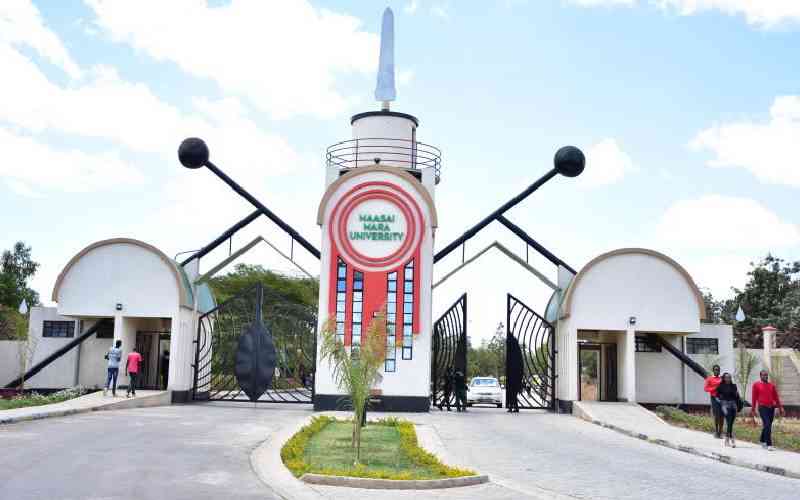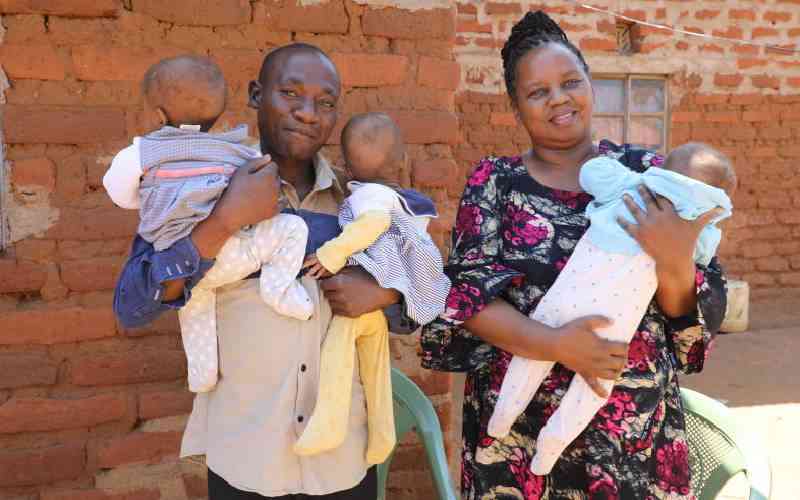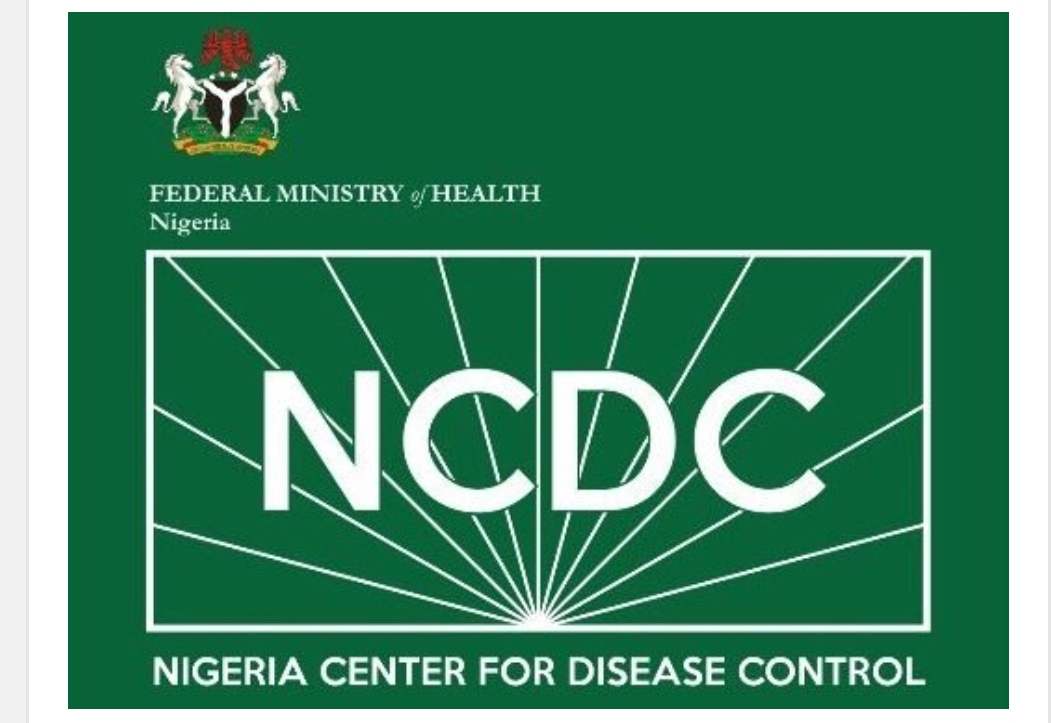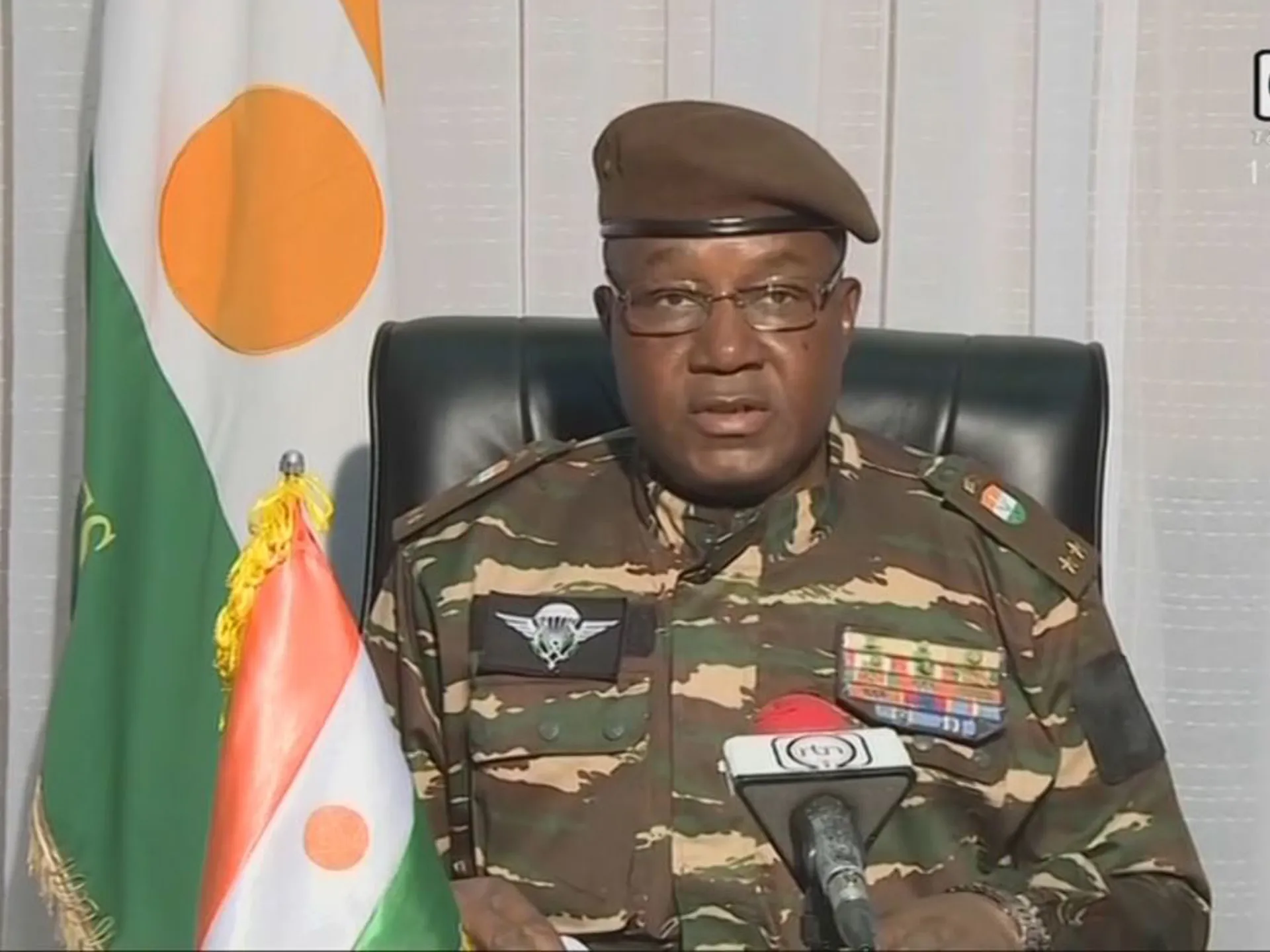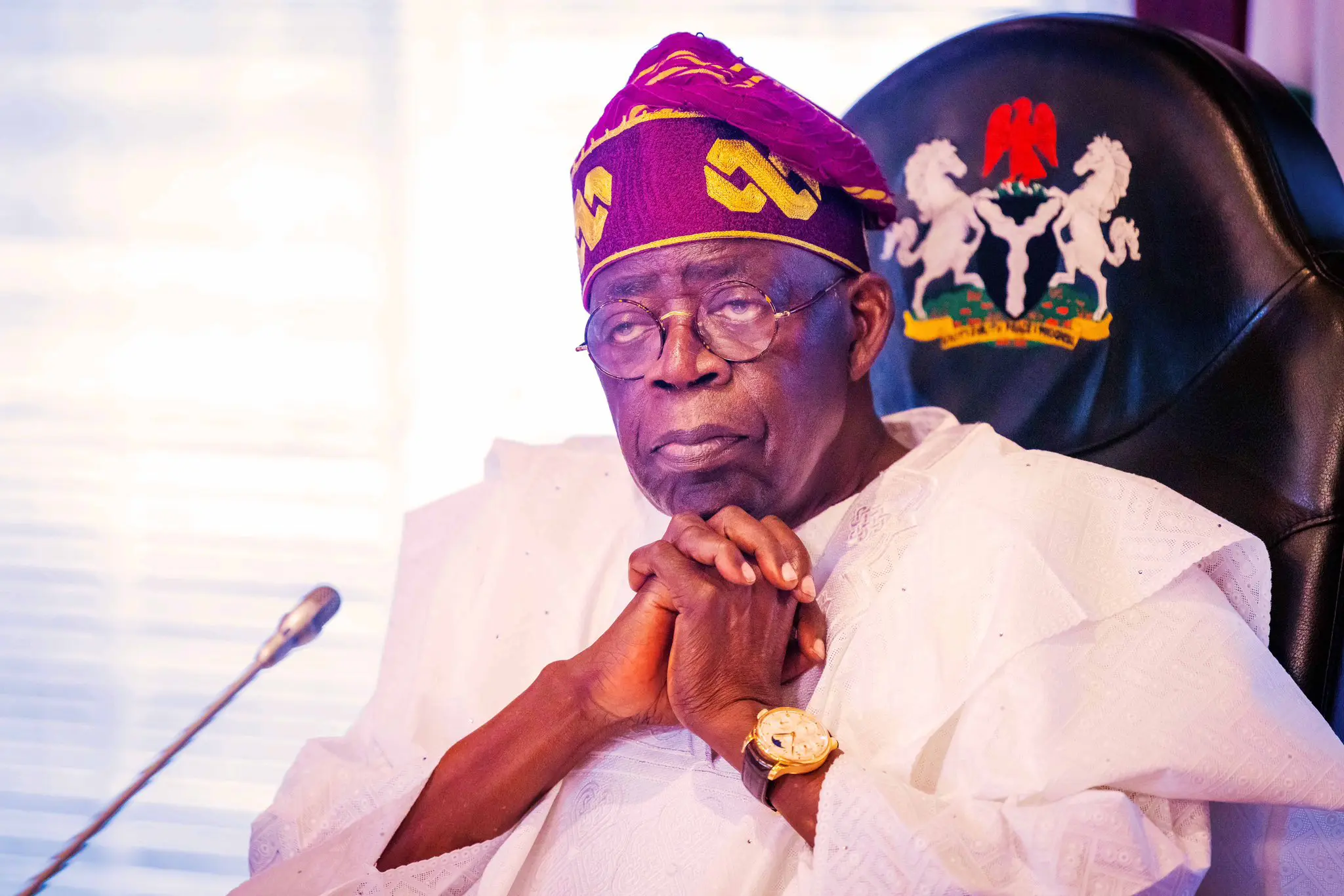Ghanaian President John Mahama has described the ongoing crisis between the Economic Community of West African States (ECOWAS) and three breakaway Sahelian countries–Burkina Faso, Mali and Niger–as complicated.
He spoke to reporters yesterday after a courtesy visit to President Bola Tinubu at the Presidential Villa in Abuja.
The Ghanaian leader called for continued dialogue between the countries, saying dialogue remains the only pathway to peace.
The three countries, under the auspices of the Alliance of Sahel States (AES), exited the ECOWAS on January 29, 2025 after a one-year notice.
They had complained of interference by France in the activities of the regional bloc, adding that their security challenges were ignored.
Asked whether his discussions with the three nations were successful, Mahama yesterday said: “Well it is a complicated situation and it is not as easy as we think. We just need to continue to dialogue and see how we can continue to dialogue together.”
After his inauguration, President Mahama had played a proactive role in addressing the diplomatic crisis between the parties with his efforts focused on fostering dialogue, rebuilding trust and promoting regional stability.
He had embarked on a mediation tour, visiting Mali, Niger and Burkina Faso; with discussions revolving around trade, security and development.
In Mali, Mahama had met with Transitional President Assimi Goïta, emphasising the need for constructive relations between the ECOWAS and the AES.
He had advocated mutual respect and cooperation, noting that the AES is an irrevocable reality and that the priority should be to establish dignified relations between the two blocs.
In Niger, Mahama had discussed counterterrorism efforts and economic cooperation with Transitional President Abdourahamane Tchiani.
His visit to Burkina Faso included talks with Captain Ibrahim Traoré, focusing on bilateral cooperation and regional security.
Mahama said he was also in Abuja to thank the Nigeria’s president, who is also the chairman of THE ECOWAS, for the honour done him during his inauguration on January 7 and to also brief him on the visits to Burkina Faso, Mali and Niger.
“As ECOWAS chairman, it is my duty to come and brief him on some of the concerns that were raised there so that we continue to dialogue with those other countries. We just need to see how we can continue to dialogue together,” Mahama stated.
Tinubu said he was very happy with Mahama’s efforts towards building a bridge between the the Sahelian countries and the ECOWAS.
He said the security situation in the Sahel region, if not checked, would deprive the region of economic opportunities, hence there was a need to embrace dialogue to ensure security of lives and prosperity of citizens.
“I feel good that he is here in the first place. I am indeed very happy with the efforts he has made to have a bridge between the AES countries and ECOWAS.
“It’s not a bad idea for us because of the security situation in the Sahel region and what economic opportunity that we must embark on to ensure the security of lives and prosperity of our citizens.
“The innocent people in this episode are the citizens of those countries, not much about us, the leadership. The citizens must be the first beneficiary and the first point of reasoning together,” Tinubu said.
ECOWAS’s many challenges
The ECOWAS is facing significant diplomatic challenges due to the withdrawal of Niger, Mali, and Burkina Faso. These nations, collectively referred to as the Alliance of Sahel States (AES), exited the bloc following internal political upheavals and disagreements with ECOWAS over governance and democratic norms.
The primary issue stems from ECOWAS’s imposition of sanctions and suspensions on these countries. These measures were taken in response to political instability and perceived failures to adhere to democratic principles within the AES states.
The sanctions have had far-reaching consequences, not only for the AES states, but also for other ECOWAS members. Trade disruptions and economic losses have been reported, particularly in Nigeria and Benin, which have historically maintained strong economic ties with the AES states.
Additionally, the sanctions have inadvertently increased the risk of terrorism and transnational crimes, as regional solidarity has weakened.
In response to their suspension, the AES states had sought alternative alliances, including closer ties with Guinea, another ECOWAS member. This realignment has the potential to disrupt traditional trade routes and economic flows within the region, further complicating the situation.
Previous efforts to bring AES back
Efforts to reintegrate the AES back into the ECOWAS have been multifaceted, involving diplomacy, mediation and strategic concessions.
One of the earliest steps taken by the ECOWAS was the deployment of high-level envoys to the AES countries. These envoys engaged in dialogue with the transitional governments, emphasising the importance of regional cooperation and the benefits of remaining within the ECOWAS. The discussions often revolved around shared security concerns, particularly the fight against terrorism and insurgency in the Sahel region.
Besides, the ECOWAS lifted many of the sanctions imposed on the exiting countries, especially Niger.
The ECOWAS had also extended a six-month grace period to the AES countries, allowing them time to reconsider their decision to leave the bloc. This extension, which began in January 2025, was accompanied by an open invitation for further negotiations. The aim was to create a conducive environment for dialogue and to address the grievances that led to the AES’s withdrawal.
In addition to diplomatic efforts, the ECOWAS sought to address some of the underlying issues that contributed to the AES’s departure. These included concerns about economic marginalisation, the perceived dominance of certain member states, and the influence of external powers in the ECOWAS decision-making.
By acknowledging these issues, the ECOWAS aimed to rebuild trust and demonstrate its willingness to adapt to the changing dynamics of the region.
Defiant AES countries
Despite these efforts, the AES has largely maintained its stance, citing the need for greater autonomy and a focus on its own security and development priorities.
They have gone on to develop their own travel documents and joint security outfits to counter the threatening security challenges of the three countries.
They made a significant move by launching new biometric passports. This initiative reflects their commitment to modernising security features and asserting their independence from the ECOWAS.
Burkina Faso led the way in September 2024, unveiling a passport that notably omitted the ECOWAS logo, making a bold political statement.
The new passports are designed to enhance security and facilitate travel within the AES and beyond. This development aligns with the AES’s broader goals of establishing a common market, enabling free movement of persons, and fostering regional integration.
It also highlighted their focus on creating a distinct identity separate from ECOWAS.
Also, on Wednesday, Niger’s junta leader, Abdourahamane Tchiani, was sworn in as the country’s president for a transition period of five years under a new charter that replaces the West African nation’s constitution.
Tchiani, an army veteran, was also elevated to the country’s highest military rank of army general and signed a decree dissolving all political parties, cementing his grip on power since June 2023, when he led soldiers in a coup that deposed the country’s elected government.
The move defied attempts by the regional bloc to quicken the return to democracy after the 2023 coup.
The five-year “flexible” transition period begins on Wednesday, according to Mahamane Roufai, the secretary general of the government.
